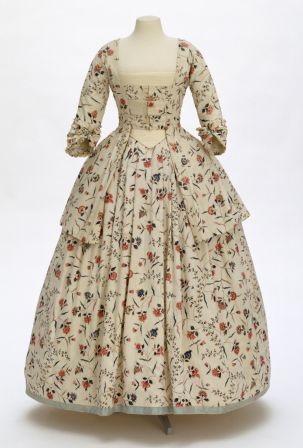The Global Trade of Textiles and Clothing in the Early Modern Period: Exchange, Meaning and Materialities
DOI:
https://doi.org/10.31273/eirj.v2i2.119Keywords:
material culture, social history, economic history, textiles trade, textiles consumption, textiles productionAbstract
The two-day workshop at the University of Warwick brought together early career researchers studying various aspects of textile history – production, consumption, trade, fashion, and design – with the aim of drawing broader conclusions about the role of textiles and clothing in the development of societies, cultures and economies. The methodological and geographical breadth of the presented research holds a promise that in the near future we will be presented with a much more global picture of textile production, consumption and trade in the early modern period.
Downloads
References
Braudel, F. (1981). Civilization and Capitalism, 15th-18thCentury: The Structures of Everyday Life, vol. 1, London: Collins
MacGregor, N. (2010). History of World in 100 Objects, London: Allen Lane
O’Brien, P. (2006). ‘Historiographical Traditions and Modern Imperatives for the Restoration of Global History’, Journal of Global History 1 (1): 3-39

Published
Issue
Section
License
Authors who publish with this journal agree to the following terms:
Authors retain copyright and grant the journal right of first publication with the work simultaneously licensed under a Creative Commons Attribution License (CC-BY), which permits use and redistribution of the work provided that the original author and source are credited, a link to the license is included, and an indication of changes which were made. Third-party users may not apply legal terms or technological measures to the published article which legally restrict others from doing anything the license permits.
If accepted for publication authors’ work will be made open access and distributed under a Creative Commons Attribution (CC-BY) license unless previously agreed with Exchanges’ Editor-in-Chief prior to submission.
Authors are able to enter into separate, additional contractual arrangements for the non-exclusive distribution of the journal's published version of the work (e.g., post it to an institutional repository or publish it in a book), with an acknowledgement of its initial publication in this journal.
Authors are permitted and encouraged to post their work online (e.g., in institutional repositories or on their website) prior to and during the submission process, as it can lead to productive exchanges, as well as earlier and greater citation of published work. (see: The Effect of Open Access)
